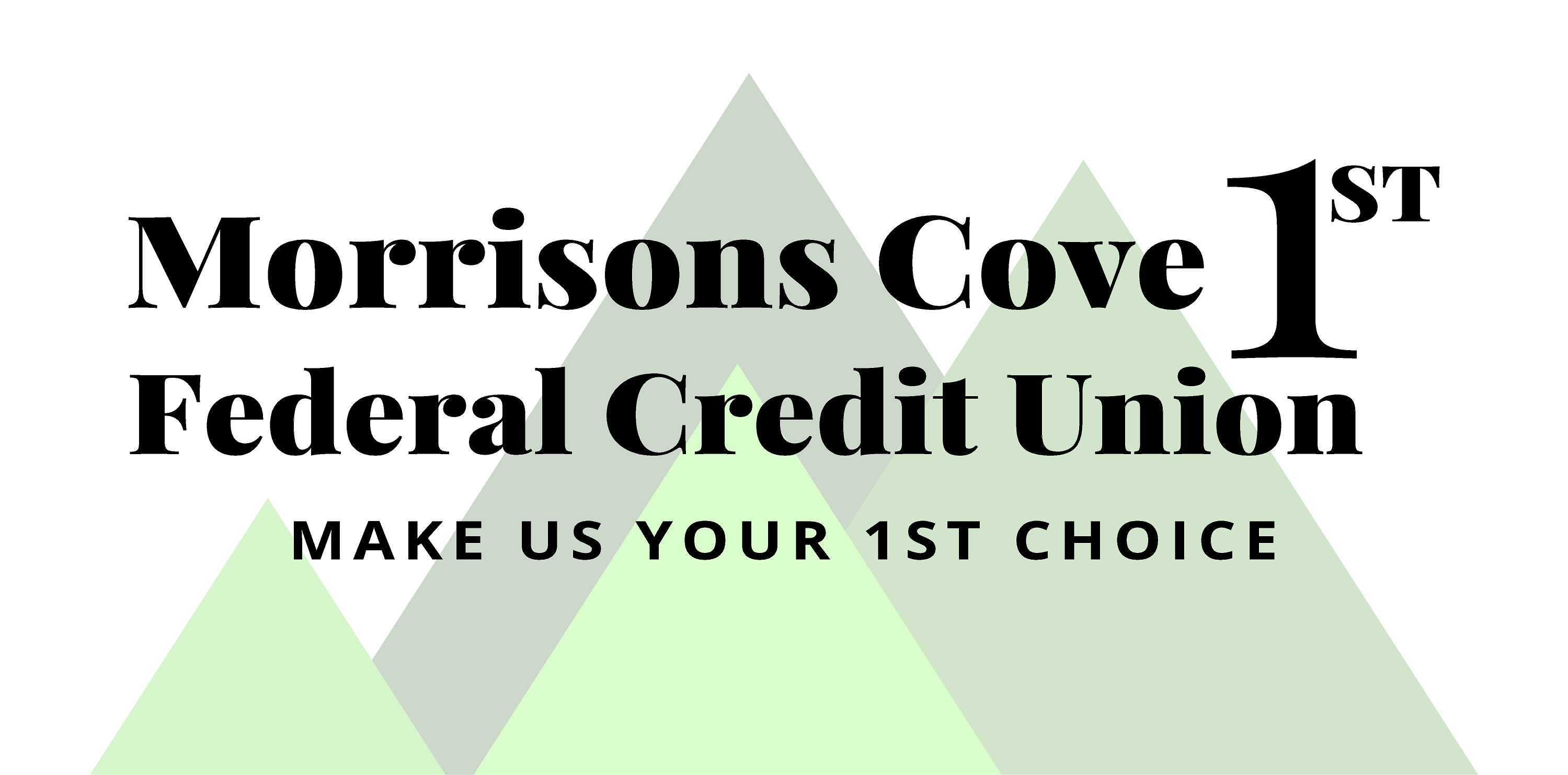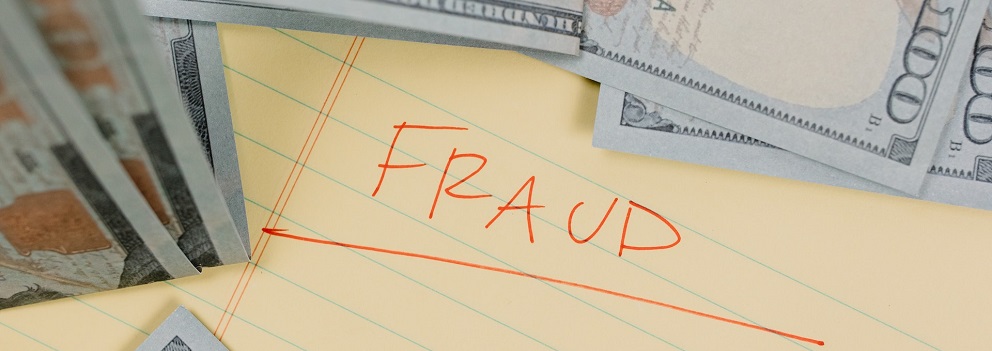triangle exclamation
Don't fall for tax-related scams this tax season!
BEWARE OF DISASTER-RELATED FRAUD & SCAMS!
Visit the Federal Trade Commission and the Consumer Financial Protection Bureau for more information.
There are two versions of this common scam. In one version, a window pops up on your computer screen with a dire warning that your computer is infected and all your data is in danger of being lost if you don't call the number provided immediately. (Usually, this window can be cleared by simply closing your internet browser.) In the second variation, someone calls you and says they’re a computer technician, usually from a well-known company like Microsoft or Apple, or perhaps from your internet service provider. In both versions, the scammer will tell you there are viruses or malware on your computer, and you’ll have to provide remote access to your computer or buy new software to fix it. They might want to sell you useless services, steal your credit card number, or get access to your computer to install malware, allowing them to steal stored information. Losses from this scam amounted to more than $347 million in 2021, according to the FBI’s Internet Crime Report.
Bottom Line: Don't allow access to your computer to anyone unless you initiated the contact to a known and trusted computer technician.
Most romance scams start with fake profiles on online dating sites, using photos and information stolen from another account, and often including a profession that involves overseas travel, such as oil rig worker, member of the military, or a doctor with an international organization. Scammers target lonely people, often recently widowed or divorced, and quickly profess their love, after which they begin to tug at the victim’s emotions with fake stories involving an urgent need for money. They often request funds for reasons such as a plane ticket, other travel expenses, and customs fees – all needed to get back into the country. The victims are conned into wiring their “sweetheart” scammers money, sending them gift cards, or sharing login credentials with them.
Bottom Line: Beware of sending money in any form to someone you've never met and NEVER share your login credentials with anyone.
People looking to earn extra cash are frequently tricked into participating in the secret shopper scam. The person accepting the job receives a counterfeit cashier’s check ranging from $2,000 to $5,000. They are instructed to cash the check and purchase money orders and gift cards, which they are then to send to the scammers, keeping a percentage of the check for their efforts. The counterfeit check is subsequently returned unpaid and the person's account is charged the amount of the check.
Bottom Line: If someone gives you money, but asks for a portion of it back in another form, it's probably a scam.
In the advanced fee scam, the scammer informs a victim that they have won a large monetary award, such as the lottery, or are entitled to a sizeable inheritance from a deceased relative. The victim is informed that, before they can claim the money, taxes or fees must be paid up front in the form of a wire transfer to the scammer. Once the victim wires the money, they never hear from the scammer again and their money is gone.
Bottom Line: Don't pay money to get money. It will not end well.
TREASURER STACY GARRITY WARNS OF MALICIOUS EMAILS CLAIMING TO BE FROM PENNSYLVANIA TREASURY DEPARTMENT


